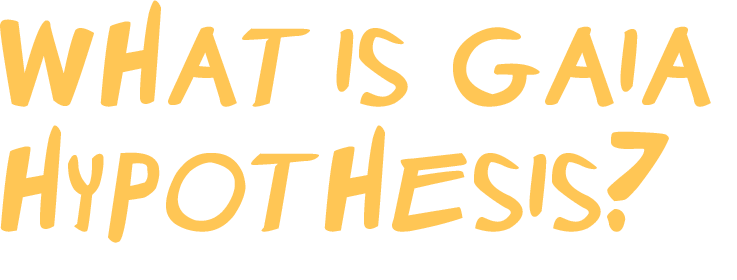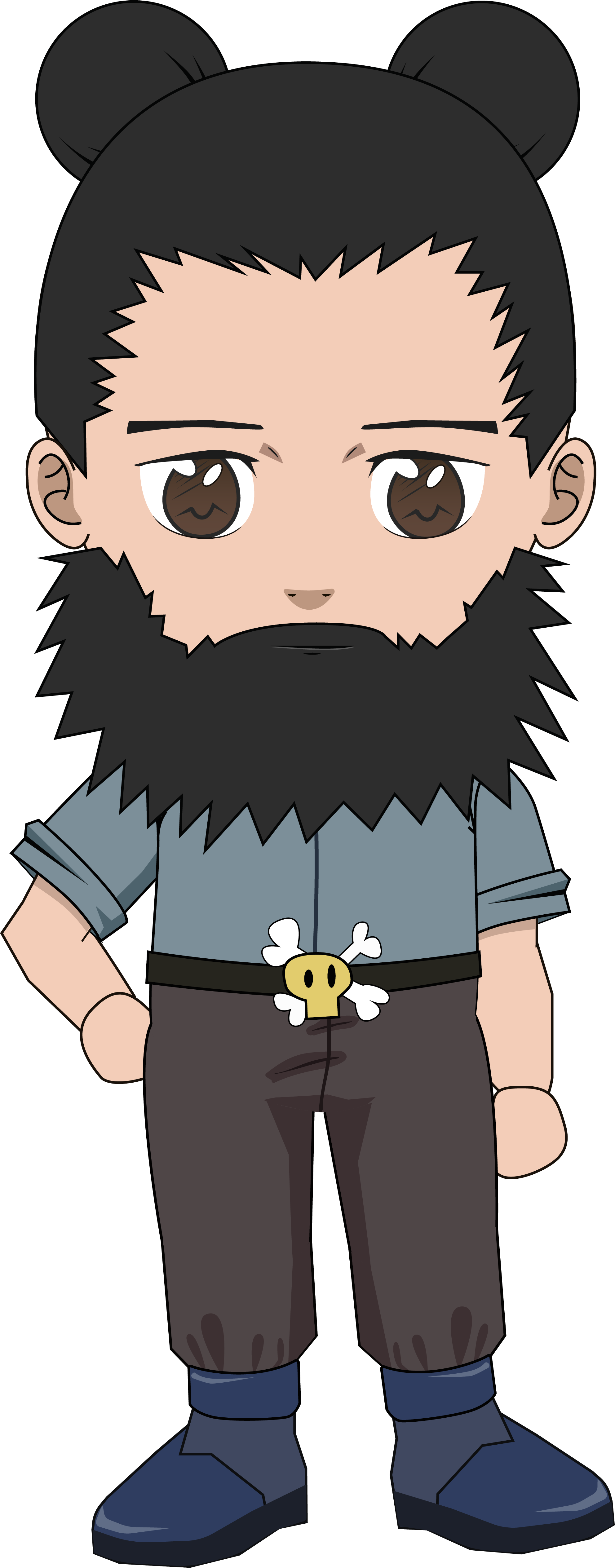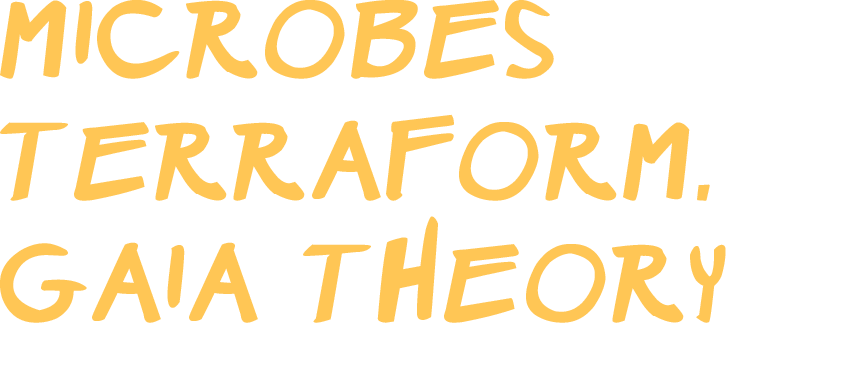Находясь на сайте, вы даете согласие на обработку файлов cookie. Это необходимо для более стабильной работы сайта
Today we're going to talk about terraforming and the Gaia hypothesis
Share the longread


Microbes are crucial for making the planet habitable for multicellular organisms like us.
1965
NASA scientist James Lovelock recognized that microbes were making constituents of the atmosphere
1971
james lovelock along with microbiologist Lynn Margulis has extended this idea to a theory called "Gaia hypothesis"
People, microorganisms and plants influence the atmosphere
For example, the soil is inhabited with bacteria, fungi, insects, worms, nematodes, and tardigrades – altogether they ensure the soil's fertility. It allows us to grow food. So microorganisms are crucial for us to have food to eat


Water is also filled with microorganisms that are essential for its circulation. We couldn't have rain as we know it without microorganisms. Moreover, it's certain that multicellular life has evolved in water, in a soup of water and microorganisms
The entire world of ecology: the ecology of the air, the water and the soil are made together with microbes. Together we brew the world into one living organism. This is what's called the "Gaia hypothesis".

Ask yourself, how do you feel and think differently now that you know that the whole world is teeming with microorganisms? They are all over you and inside of you, making life possible
Ask yourself, how do you feel and think differently now that you know that the whole world is teeming with microorganisms? They are all over you and inside of you, making life possible



- In this classic work that continues to inspire its many readers, James Lovelock deftly explains his idea that life on earth functions as a single organism. Written for the non-scientist, Gaia is a journey through time and space in search of evidence with which to support a new and radically different model of our planet. In contrast to conventional belief that living matter is passive in the face of threats to its existence, the book explores the hypothesis that the earth's living matter - air, ocean, and land surfaces - forms a complex system that has the capacity to keep the Earth a fit place for life
Lovelock, James. Gaia: A new look at life on earth. Oxford Paperbacks, 2000 - timothy morton argues that the chief stumbling block to environmental thinking is the image of nature itself. Ecological writers propose a new worldview, but their very zeal to preserve the natural world leads them away from the "nature" they revere. The problem is a symptom of the ecological catastrophe in which we are living. Morton sets out a seeming paradox: to have a properly ecological view, we must relinquish the idea of nature once and for all
Morton, Timothy. Ecology without nature: Rethinking environmental aesthetics
JOIN THE COURSE CHAT!









